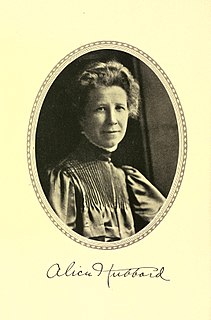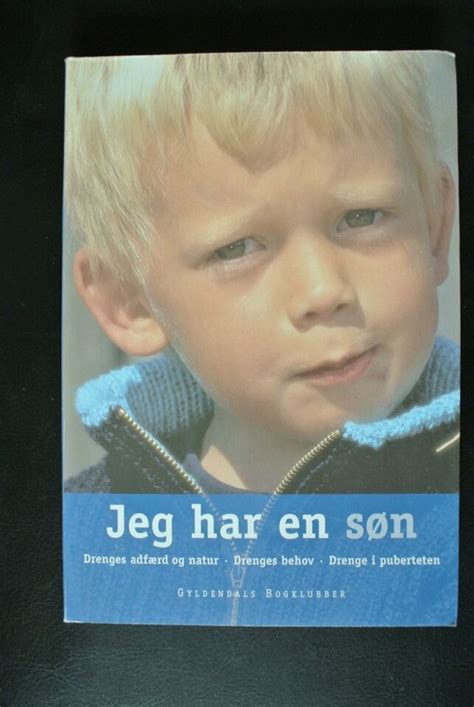A Quote by Sunil Mittal
If you can teach a child, then her family and her future is taken care of.
Related Quotes
When we teach a child to sing or play the flute, we teach her how to listen. When we teach her to draw, we teach her to see. When we teach a child to dance, we teach him about his body and about space, and when he acts on a stage, he learns about character and motivation. When we teach a child design, we reveal the geometry of the world. When we teach children about the folk and traditional arts and the great masterpieces of the world, we teach them to celebrate their roots and find their own place in history.
In People magazine, Madonna said her life has been exhausting since she started her world tour. She said there isn't a second of her life that isn't taken up looking after her family or thinking of her show - her day is filled with problems of work and family. Someone should tell her, everyone else calls that, life.
There's not one woman in America who does not care about her hair, but we give it way too much value. We deprive ourselves of things, we use it to destroy each other, we'll look at a child and judge a mother and her sense of motherhood by the way the child's hair looks. I am not going to traumatize my child about her hair. I want her to love her hair.
The art of not experiencing feelings. A child can experience her feelings only when there is somebody there who accepts her fully, understands her, and supports her. If that person is missing, if the child must risk losing the mother's love of her substitute in order to feel, then she will repress emotions.
She had sacrificed her childhood to save her brothers; she loved her family above all else, and her spirits yearned to return home once more, to the wild forest and the land of mystic tales and ancient spirits whence he had taken her. That was the place of her heart, and if he loved her, he must let her go.
A girl must allow others to share the responsibility for care, thus enabling others to care for her. She must learn how to care inways appropriate to her age, her desires, and her needs; she then acts with authenticity. She must be allowed the freedom not to care; she then has access to a wide range of feelings and is able to care more fully.
My mother didn't feel sorry for herself, she was left with no child support, no alimony at a very young age, with a child to raise, a high school education and she just figured it out. She didn't complain, she didn't rely upon government, she relied upon her own skill set, her own self confidence, her own drive in moxie and her own duty to me and her and she relied upon her family and her faith.
You can read the best experts on child care. You can listen to those who have been there. You can take a whole childbirth and child-care course without missing a lesson. But you won't really know a thing about yourselves and each other as parents, or your baby as a child, until you have her in your arms. That's the moment when the lifelong process of bringing up a child into the fold of the family begins.
One demonstrable effect this type of work can have is in its viral promulgation. Take Kathy Acker for example: her work exists mainly through academic channels. Students are exposed to her novels, and some read her, then, on their own, but some also go to grad school: teach her, write about her, keep her going.
The adolescent does not develop her identity and individuality by moving outside her family. She is not triggered by some magic unconscious dynamic whereby she rejects her family in favour of her peers or of a larger society.... She continues to develop in relation to her parents. Her mother continues to have more influence over her than either her father or her friends.



































